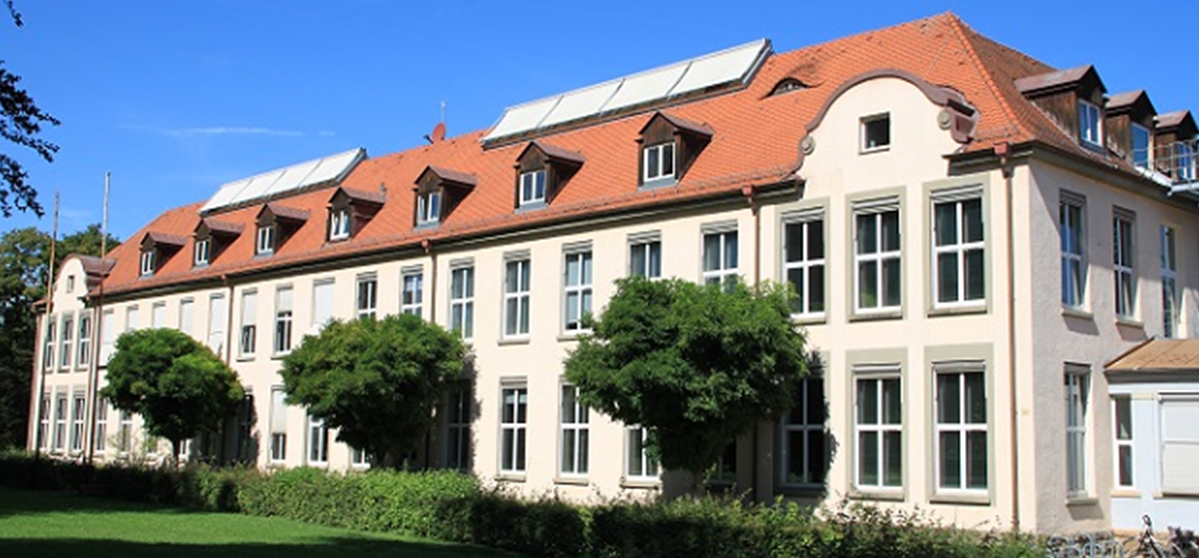December 18th 2020

For several decades now, the Seminar for Teacher Training in Tübingen has been striving to think outside the box. Exchanging ideas with European neighbours is, we believe, part of the process of not becoming stagnant. Precisely because our training structures are quite different from those of our project partners, we take a lot away from all of the projects for the further development of our seminar.
How do we train our teacher trainees?
Since education in Germany falls under the sovereignty of the individual federal states, our teacher training institute, founded in 1948, is entirely under the jurisdiction of the state of Baden-Württemberg. It offers - together with eight similar institutes in the state - an 18-month vocational preparation course for prospective grammar school teachers. The staff consists of over 80 teacher educators covering 23 different subject areas. Currently, we have about 500 teacher trainees.
All of these trainees have graduated from university with a master's degree or equivalent (this is a requirement for admission) and have been tenured for the duration of their training. In addition to the courses they attend at our institute, our teacher trainees are allocated to nearly 40 different grammar schools in the greater Tübingen area for teaching practice under the guidance of experienced mentors. Our teacher trainers visit their assigned trainees several times in the classroom for analysis, reflection, and counseling. The final examinations consist of a demonstration lesson, a final paper and oral exams on didactics, pedagogy and school law.
What else do we do?
As a didactic center, another important part of our institute's work is in-service teacher training, the development of teaching materials, and school-related pedagogical research with a focus on innovative learning and teaching concepts. This is a major reason for working closely with European educational institutions.
Moreover, a large part of the staff also teaches at the University of Tübingen and/or for the Ministry of Education and Cultural Affairs of Baden-Württemberg – both additional ways in which we get input as well as realize our goals.
Who are the 4 project members and their fields of expertise for the project?
The team leader, Dr. Susanne Huber, has been involved in teacher education in the field of pedagogy for almost 10 years. In close collaboration with Melanie Schwarz, she develops, implements, and evaluates the portfolio method and video coaching for teacher trainees. Melanie Schwarz has been a staff member in the Institute's Department of Educational Psychology since 2008. She also gives in-service trainings for mentors and teacher trainers at schools and has developed tools and methods for teachers' professional learning in the field of inclusion.
Katja Krey has been working as a teacher trainer for English, for CLIL (= content and language integrated learning) and for ICT since 2003. Together with Dr. Susanne Huber and Rainer Lupschina, she promotes new teaching methods using ICT in the training of teacher trainees and teacher trainers. Rainer Lupschina joined the Educational Psychology department in 2013. Both Katja Krey and Rainer Lupschina have solid teaching experience with 1:1 iPad settings in their grammar school.
Together, we are concerned with the question of how ICT can be used to improve teaching as well as learning and to promote inclusion. Our expertise is in the use of vignettes, video coaching, and self-regulated learning.